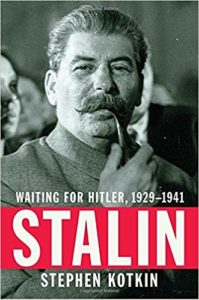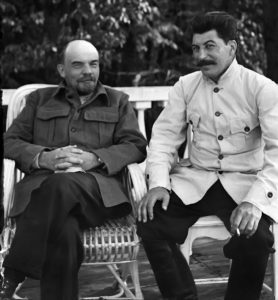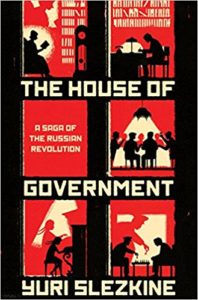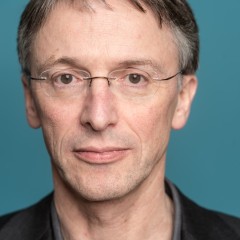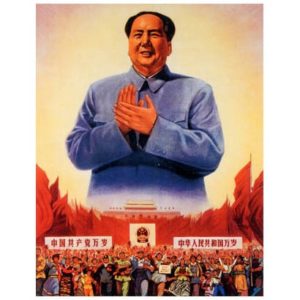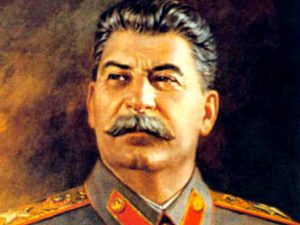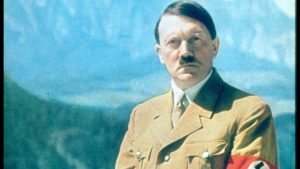I would define the “intellectual dark web” as the confluence and convergence of leaders from classical European enlightenment, hard sciences, technology (including neuroscience, bio-engineering, genetics, artificial intelligence), and east philosophy streams. Among the intellectual dark web’s many members are Dr. Richard Haier, Jordan Peterson, Jonathan Haidt, Ben Shapiro, Weinstein brothers, Sam Harris, Glenn Loury, John McWhorter, Yuval Noah Harari, Thomas Friedman, Maajid Nawaz, Neil deGrasse Tyson, Michio Kaku , Dr. VS Ramachandran, Steven Pinker, Armin Navabi, Ali Rizvi, Farhan Qureshi, Peter Beinart, Gad Saad, Nassim Nicholas Taleb, Dave Rubin, Joe Rogan, Russell Brand. If Steve Jobs were still alive, I would include him among them. They defy easy labels and are high on openness. I hesitate to label others without their permission, but our very own Razib Khan strikes me as a potential leader of the “intellectual dark web”; although I will withdraw this nomination if he wishes. 😉
Some see the intellectual dark web as the primary global resistance to post modernism. I don’t agree. Rather I see them as ideation and intuition leaders thinking different:
